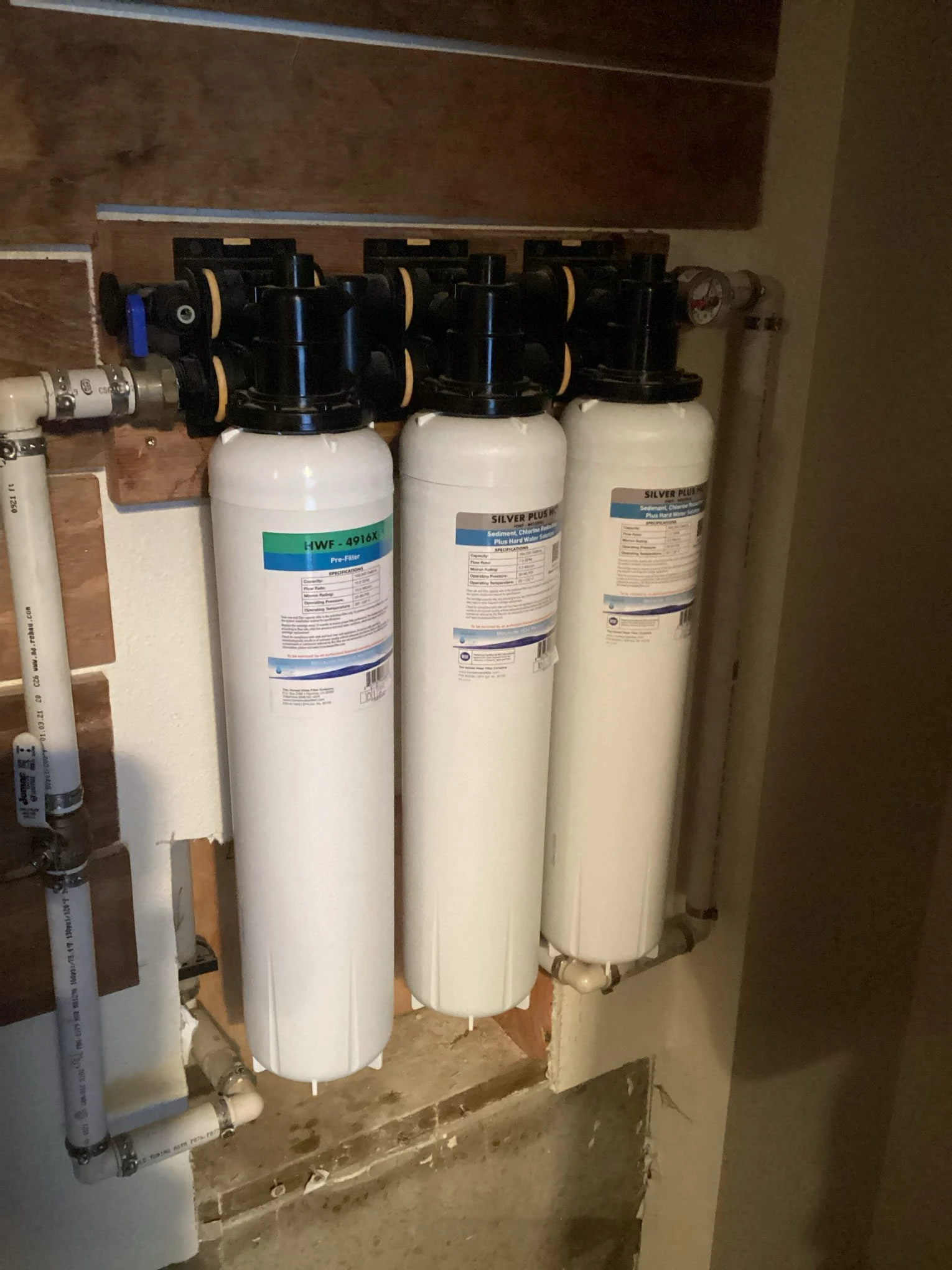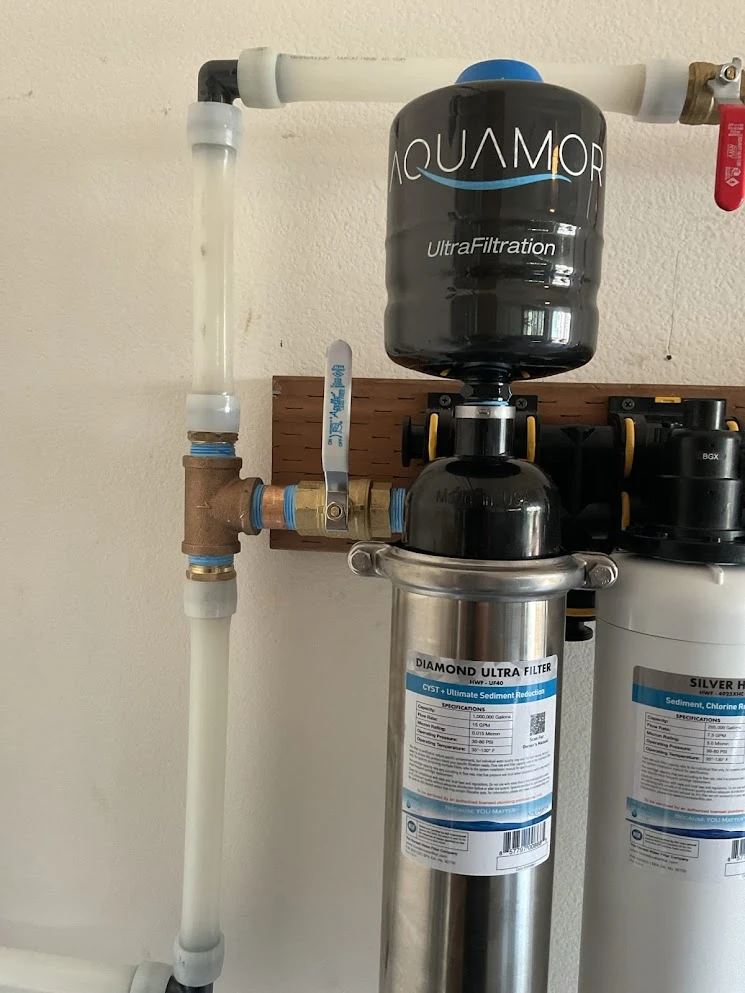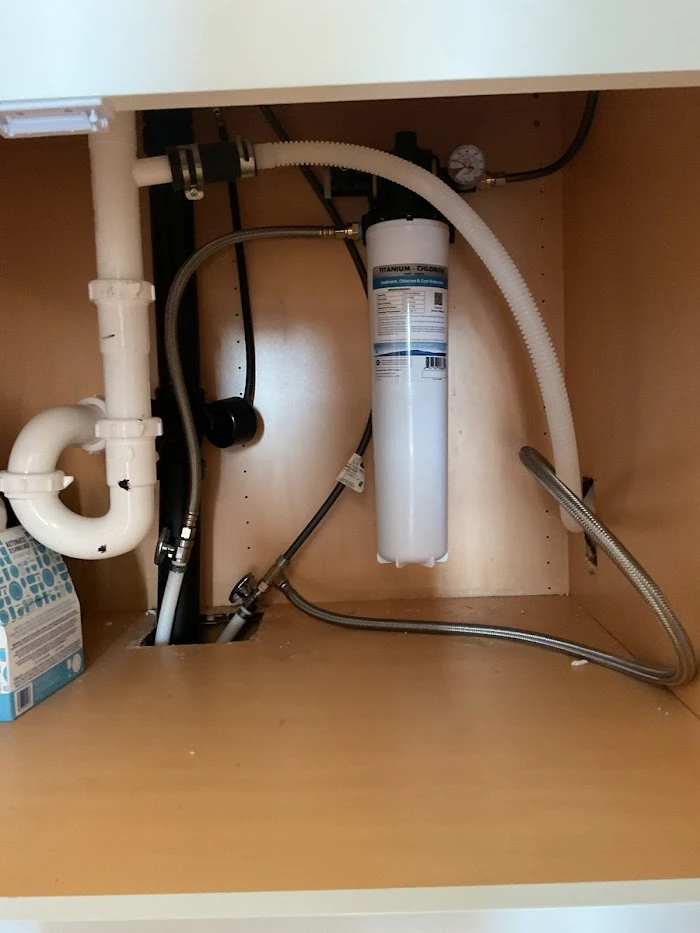
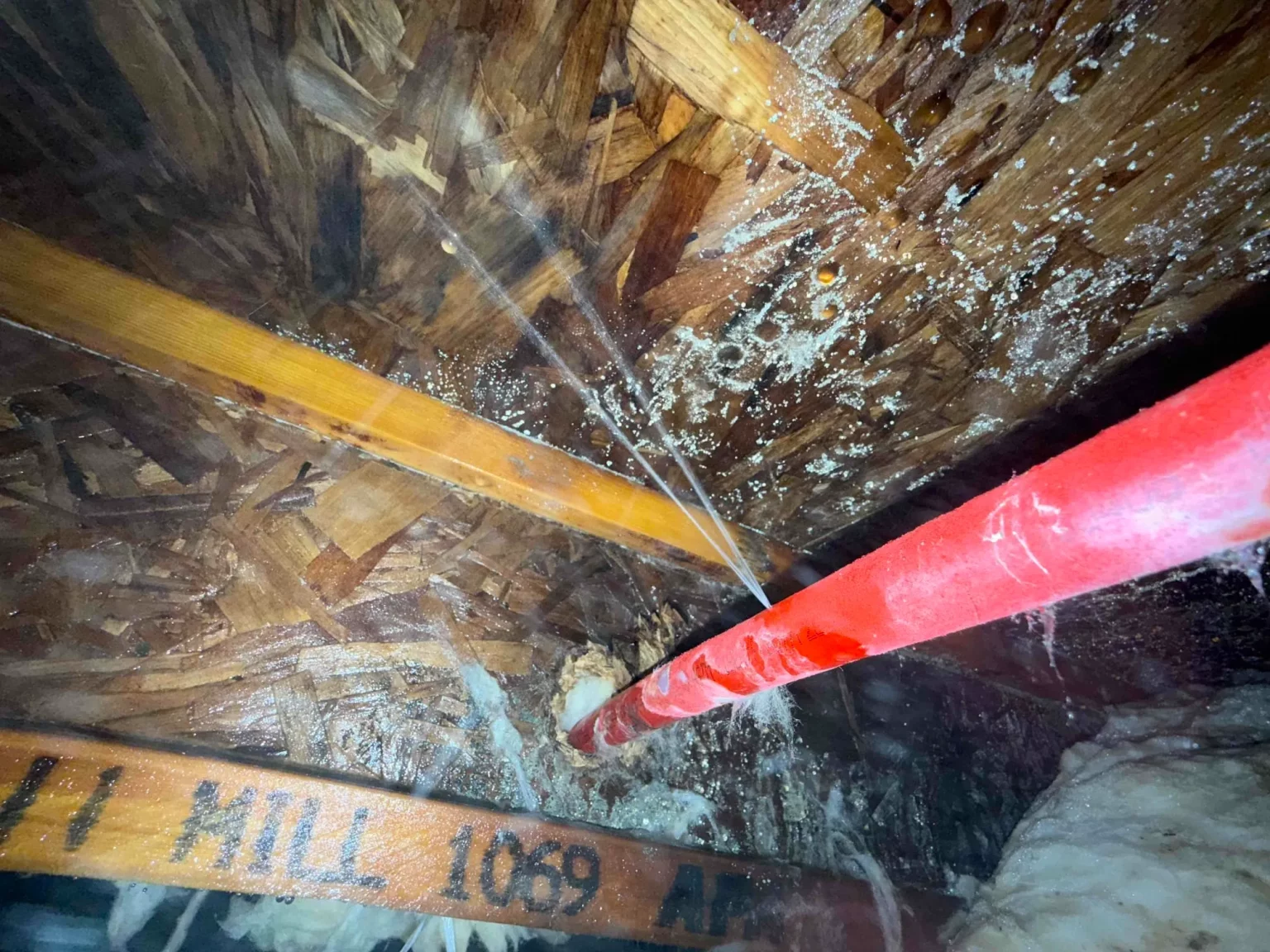
Plumbing leaks present a serious and often underestimated electrical hazard in any Pacific Northwest home. When water comes into contact with electrical wiring, it compromises the protective insulation, creating a pathway for electricity that can lead to short circuits, appliance damage, electrical shocks, and even fires. The combination of moisture and electrical currents is particularly dangerous, as water acts as a conductor, turning a simple leak into a potential source of electrocution or a significant fire risk.
For homeowners in Vancouver, WA, the region’s notoriously damp climate can heighten these risks, making proactive plumbing maintenance and electrical safety measures essential. This article, with insights from professionals like local electrical experts, provides a detailed look at how plumbing leaks affect your home’s wiring and outlines the critical protective measures, such as GFCI outlets and surge protection, that safeguard your property and family. The insights shared here are drawn from extensive professional experience managing the complex interplay between electrical and plumbing systems in residential settings
Water systematically breaks down the protective sheathing around electrical wires, leading to corrosion and deterioration. This decay exposes the live conductors, increasing the likelihood of a short circuit. A short circuit occurs when an unintended connection is made between two conductors, and water can easily bridge this gap, causing a sudden, high-current discharge. This event can overheat wiring to the point of ignition, presenting a substantial fire hazard.
According to a report from the National Fire Protection Association, electrical failures or malfunctions were a factor in an estimated average of 32,620 home fires annually between 2015 and 2019. These incidents resulted in 430 civilian deaths and $1.3 billion in direct property damage each year. Even minor, slow leaks can saturate building materials like drywall and insulation, creating a persistently damp environment where electrical components can corrode and fail over time.
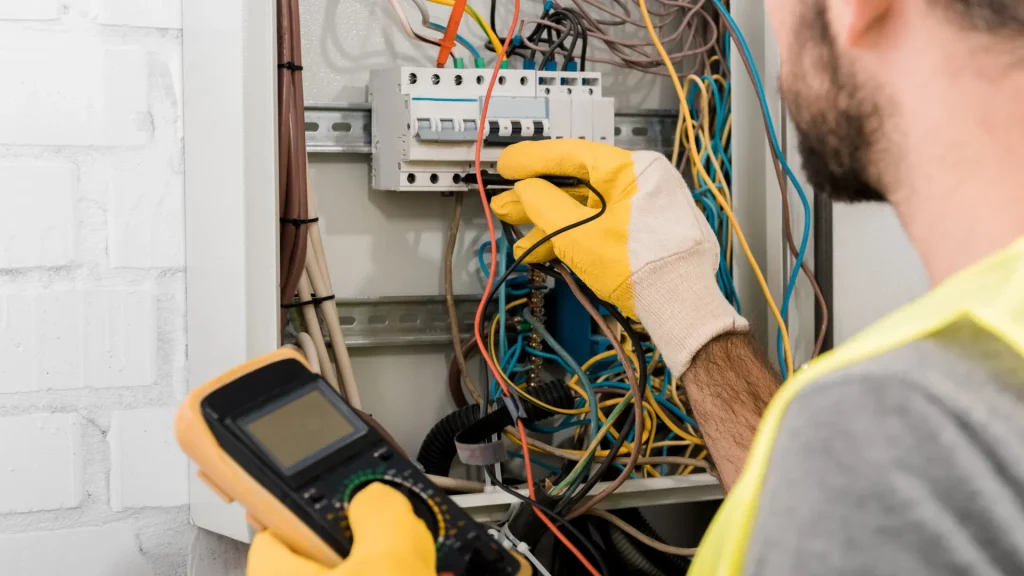
Certain areas of a home are more susceptible to the dangerous combination of water and electricity. Kitchens, bathrooms, laundry rooms, and basements are primary locations where plumbing fixtures and electrical outlets are in proximity. Leaks from sink drains, appliance hoses, toilet supply lines, and water heaters are common culprits that can introduce moisture to nearby wiring.
Signs of a water-related electrical issue are not always obvious, but can include flickering lights, sizzling or buzzing sounds from outlets, or circuit breakers that trip frequently without a clear cause. Visible indicators like discoloration around outlets, a musty odor, or rust on electrical components are clear warnings of moisture intrusion that require immediate attention.
Bonus Tip: Install smart water leak detectors near washing machines, dishwashers, and water heaters. These small devices can send an alert to your phone at the first sign of moisture, allowing you to address a leak before it causes significant damage.
| Leak Source | Potential Warning Signs | Recommended Inspection |
|---|---|---|
| Kitchen/Bathroom Sinks | Dripping sounds, cabinet water stains, and low water pressure | Monthly |
| Appliance Hoses | Bulging or cracked hoses, rust spots, and pooling water | Every 6 Months |
| Toilets | Hissing sounds, water on the floor, loose or wobbly toilet | Monthly |
| Water Heaters | Puddles, rust-colored water, and popping or banging noises | Annually |
Protecting your home involves a layered approach that includes specialized electrical devices designed to prevent water-related accidents. Modern electrical codes mandate the use of specific technologies in areas where water is present to ensure a safe environment.
A Ground Fault Circuit Interrupter (GFCI) is a safety outlet designed to prevent electric shock. It works by constantly monitoring the flow of electricity in a circuit. If the GFCI detects even a tiny imbalance, meaning some of the current is leaking out of the circuit, potentially through a person, it shuts off the power in a fraction of a second. A report from the Electrical Safety Foundation International (ESFI) notes that GFCIs have been instrumental in cutting the number of home electrocutions by half since they were introduced in the 1970s. These devices are required in kitchens, bathrooms, garages, and outdoor areas.
While most people associate power surges with lightning, a significant number of surges are generated inside the home. A short circuit caused by water can create a sudden voltage spike that damages sensitive electronics. A whole-home surge protector is installed at the main electrical panel and safeguards every circuit in the house from both internal and external surges. This provides a much broader level of protection than individual power strips for all your appliances and electronic devices, from the refrigerator to the home computer.
Bonus Tip: The U.S. Consumer Product Safety Commission recommends you test your GFCI outlets every month. Simply press the “TEST” button to cut the power and then press the “RESET” button to restore it. If the power does not cut off, the outlet is faulty and should be replaced by a qualified electrician in Vancouver, WA.
Before addressing a suspected issue, several factors should be evaluated to ensure a safe and effective resolution.
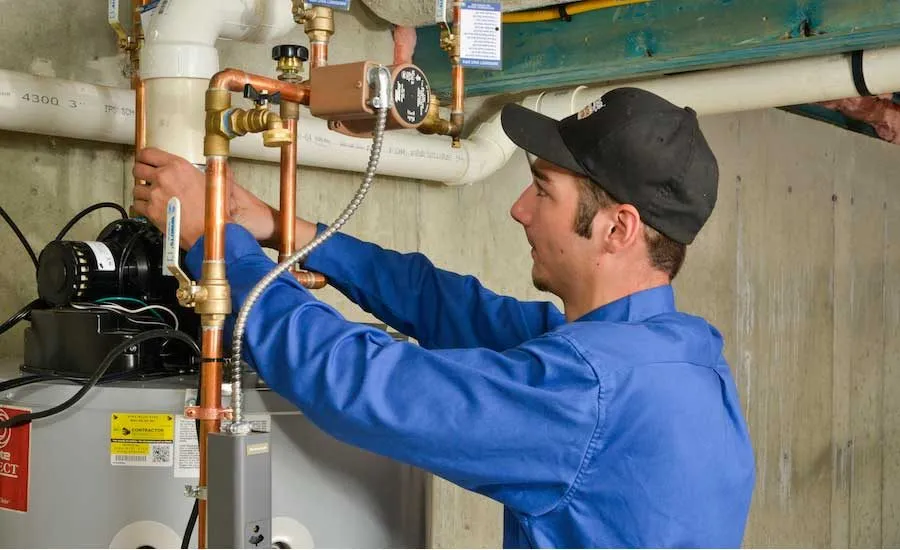
The risk posed by the interaction of plumbing leaks and electrical systems in Vancouver, WA is significant, but it is also manageable. Regular plumbing inspections, correctly installed and maintained GFCIs, and a comprehensive understanding of your home’s systems are the foundations of a safe environment. By evaluating your home’s specific vulnerabilities and committing to preventative maintenance, you can protect your property and ensure the well-being of your family.
A proactive stance on plumbing maintenance in Vancouver, WA is the most effective way to prevent water from compromising your electrical system. For a comprehensive inspection to identify potential leaks and vulnerabilities, it is best to consult with experienced professionals. Simpson Plumbing offers detailed assessments to help you protect your home. To schedule an appointment or to discuss your concerns, please call (360) 325-4646 or send an email to [email protected].
Damage can begin almost immediately. Moisture starts to corrode metal components and degrade wire insulation upon contact. A significant leak can cause a short circuit instantly, while a slow leak may cause progressive damage over weeks or months.
No. Never use an appliance that has been exposed to water until it has been thoroughly inspected and deemed safe by a qualified professional. Water can damage internal components and create a serious risk of shock or fire.
Do not touch the panel. If you can safely access your main circuit breaker to shut off all power to the house, do so. Otherwise, stay clear of the area and immediately call a licensed electrician and a plumber to assess the situation.
Yes, “sweating” pipes, particularly in humid areas like basements, can drip onto wiring, outlets, or fixtures below. This persistent moisture is enough to cause corrosion and create electrical hazards over time.
Coverage varies significantly between policies. Many standard policies exclude damage from long-term issues that could have been prevented with routine maintenance. It is best to check with your insurance provider to understand your specific coverage.

